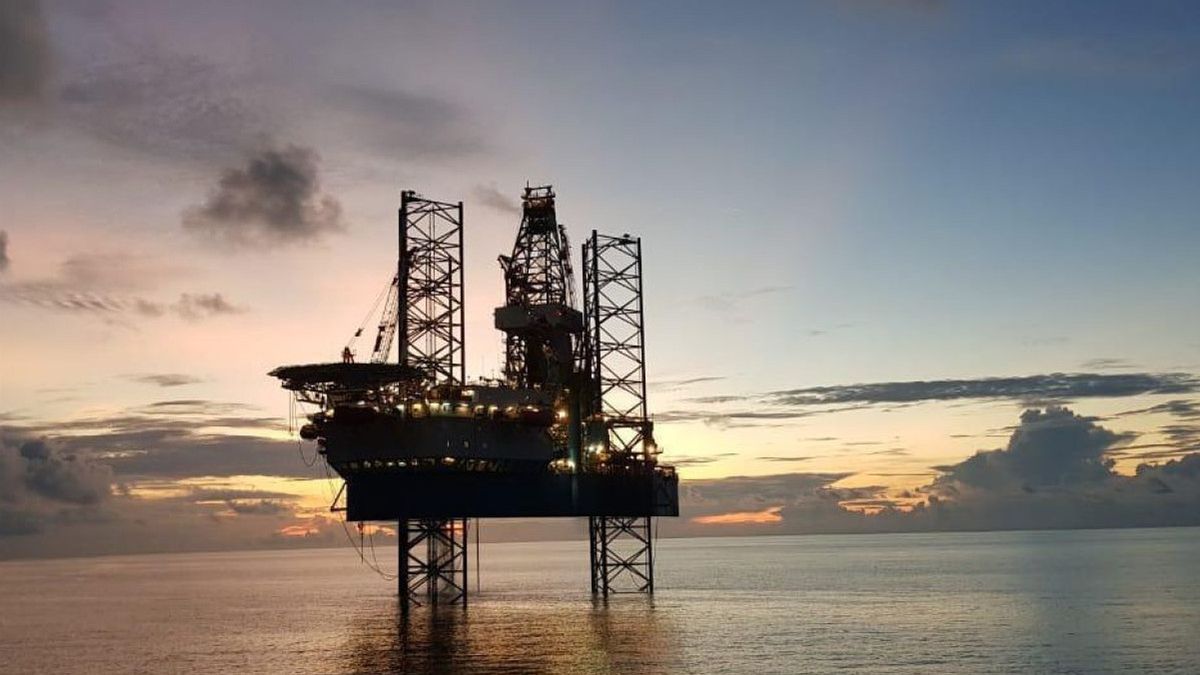JAKARTA - Gas is confirmed to be an alternative energy during the energy transition process. Not only does it have low emissions, but gas can also ensure energy security and can be affordable for the community if it is supported by adequate infrastructure facilities.
Gen Kunihiro, Division COO Mitsubishi Corporation, explained that if you look at the current movement of world LNG prices, the numbers continue to increase, especially for market spots. "One of them is the impact of the geopolitical Russia-Ukraine conflict," Gen said in a discussion themed The Impact of Geopolitical Risk to International Gas Market Volatity in the 4th International Convention on Indonesian Upstream Oil and Gas (ICIUOG) 2023 quoted Friday, September 22.
He explained that Southeast Asia is one of the most potential markets in the world. Several countries have started importing LNG, including Vietnam, the Philippines. In addition, gasification also continues to experience growth in Southeast Asia, although it is still in a slow tempo.
To make LNG even more attractive to the Southeast Asian market, he said, there needs to be an additional LNG project that makes LNG overproduce and simply reduces LNG prices.
"Indonesia with a long-term strategy drawn up by SKK Migas, has the potential to become the leading LNG market in the world," said Gen.
Meanwhile, BP Indonesia VP Finance Irma Ibarra revealed that gas will be very crucial for the energy transition stage towards the use of new and renewable energy because it produces emissions lower than coal and can also be arranged to support renewable energy intermittency.
اقرأ أيضا:
According to Irma, gas is very suitable to ensure energy security, because mobilization is quite easy. For this reason, many parties are now starting to look at gas as the main raw material for both power plants and industry.
"Gas can also solve the challenges regarding storage and with LNG you can distribute it easily and meet the demand anywhere," he said.
Just so you know, BP is the main player in liquefied natural gas in Indonesia. Currently, BP has a processing capacity of 11.4 tons per year. BP is starting to increase the distribution of LNG to Tangguh Train 3 to be able to catch up with LNG shipments in the near future.
On September 13, LNG began to be supplied to the Tangguh Train 3 facility which was completed. Tangguh Train 3 which has a processing capacity of 3.8 million tons of LNG per year will immediately operate commercially.
With this additional new train, BP will also expand in terms of gas production facilities by building two offshore platforms, drilling 10 production wells and developing production support facilities.
According to Irma, LNG will continue to increase its needs in line with the growth of industrial activities. Especially in the mining sector.
"We also see that there will be an increase in demand and growth of our generation and mining industry, smelters, especially in Indonesia, we see a lot of growth in energy needs in the mining industry. So gas will be a key transition fuel in the future," concluded Irma.
The English, Chinese, Japanese, Arabic, and French versions are automatically generated by the AI. So there may still be inaccuracies in translating, please always see Indonesian as our main language. (system supported by DigitalSiber.id)












